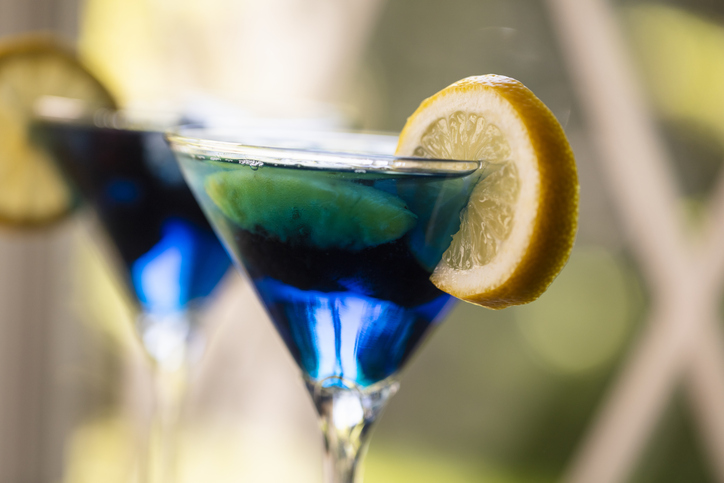What Happens To The Bod When You Go Alcohol-Free For 1 Month
What Happens To Your Body When You Stop Drinking Alcohol For 1 Month
Dry January is almost here—the month-long challenge where people give up alcohol to kickstart the new year. While it’s a time to take a break, there are also real health benefits to taking part. Research has shown that cutting out alcohol for just one month can lead to significant improvements, such as supporting weight loss and lowering blood pressure.

Source: Eva Mueller / Getty
For example, in a 2018 study conducted by BMJ Open, researchers looked at the health effects of alcohol by recruiting healthy people who either agreed to stop drinking for one month or continue drinking as usual. To participate, people had to drink more than a certain amount of alcohol each week (64 grams for men, 48 grams for women).
After a month of alcohol abstinence, the group that stopped drinking showed significant health improvements. These included better insulin sensitivity, which helps control blood sugar, and maintaining a healthy weight. Interestingly, the group experienced some weight loss during their alcohol-free period. They also showed signs of lower blood pressure along with big drops in certain growth factors linked to cancer risk.

Source: Instants / Getty
For example, a protein called vascular endothelial growth factor, which plays a role in cancer growth, decreased by nearly 42%, and another cancer growth factor, epidermal growth factor, dropped by nearly 74%. These changes were not related to any changes in diet, exercise, or smoking habits, suggesting that the improvements were directly linked to stopping alcohol consumption, according to the study.
On the other hand, the group that continued drinking showed no significant changes in these health markers.
The findings of this study suggest that eliminating alcohol for just one month can have significant health benefits, particularly in reducing the risk factors for metabolic diseases like Type 2 diabetes and fatty liver disease. According to the American Heart Association, even moderate drinking—just one drink a day—can contribute to high blood pressure, especially after the age of 35. By cutting back on alcohol for just a month, you can help reduce inflammation in the body, which in turn lowers the risk of developing fatty liver disease, a condition that can progress to more serious liver damage, such as cirrhosis.
Going alcohol-free can help you to improve your fitness and exercise.
If you’re aiming to improve your fitness and reach your exercise goals, going alcohol-free can give you a significant boost. Alcohol is packed with empty calories, meaning it provides little to no nutritional value while still contributing to your overall calorie intake. Drinking alcohol, especially right after a workout, can actually undo some of the progress you’ve made. A study by Alcohol Help found that after an intense workout, consuming alcohol reduced muscle recovery (protein synthesis) by 37%. This means your body struggles to build and repair muscle when alcohol is involved.

Source: Mariia Vitkovska / Getty
Another common issue is that people often mix alcohol with sugary drinks, like juice or soda, to make it more palatable. These sugary mixers can interfere with the fat-burning process after a workout, essentially canceling out the benefits of your exercise. By avoiding alcohol and sugary mixers, you can help keep your body in fat-burning mode and stay on track with your fitness goals.
Alcohol also impacts hydration. As a diuretic, it increases urination and can lead to dehydration, Drinkaware notes. Dehydration not only makes your workouts feel harder but also impacts your strength, endurance, and overall performance. By not drinking for just a month, you’ll help your body recover better, stay hydrated, and improve muscle repair, making it easier to stick to your fitness routine and stay on top of your weight loss goals.
Will you be going alcohol free during Dry January in 2025?
RELATED CONTENT: 7 Sexy Black-Owned Sober Bars For Ladies Looking To Ditch Alcohol















